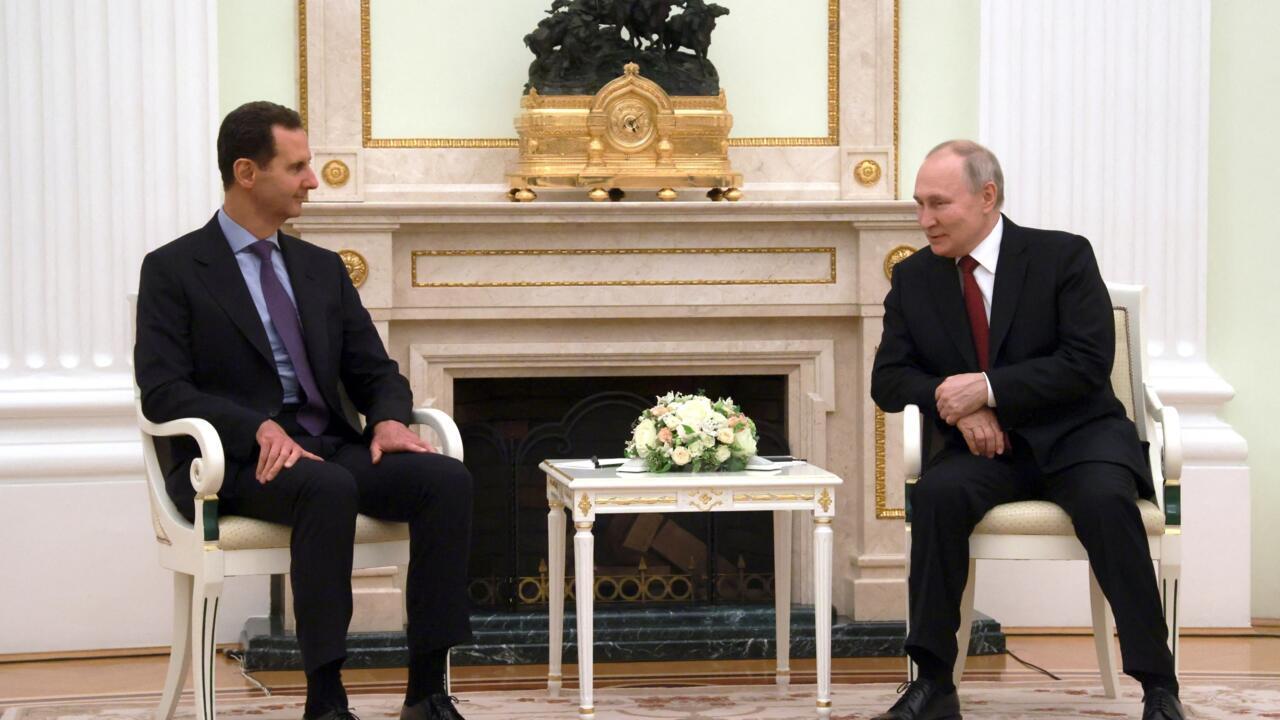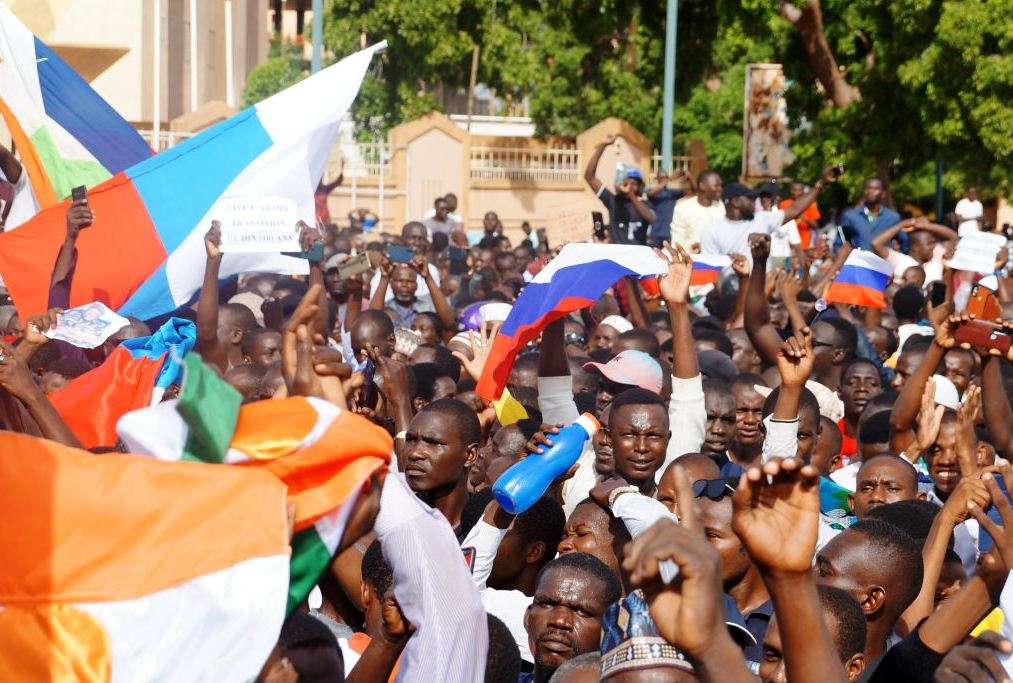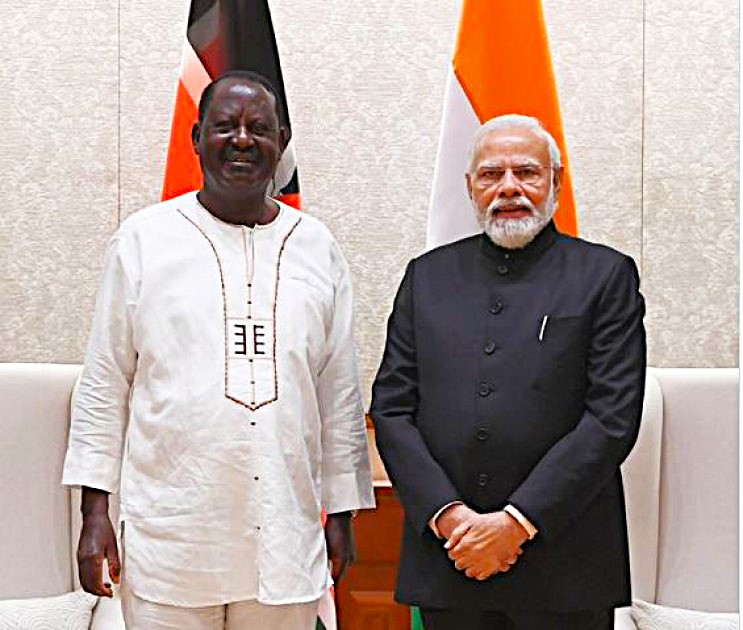OPINION: By Mdadisi Mmoja
The Syrian campaign was one of the Kremlin’s most high-profile military operations since the breakup of the Soviet Union. Russian state media framed it as a symbol of national resurgence. Yet, this campaign came at a heavy price, both in money and lives. The extensive financial and human costs have now culminated in what can only be described as an anticlimax: Assad’s regime unravelling despite Moscow’s years of support
For nearly a decade, Syria stood as the linchpin of Russia’s Middle Eastern strategy, with Bashar al-Assad as Vladimir Putin’s steadfast ally. Russia’s military intervention in the Syrian Civil War was not just an effort to prop up Assad’s regime but also a demonstration of the Kremlin’s ambition to reassert its influence on the global stage. Now, however, Assad’s downfall marks a seismic shift, not only for Syria but for Russia’s broader geopolitical aspirations.
Russia’s involvement in Syria was touted as a masterstroke in geopolitics. By backing Assad, Moscow established itself as a power broker in the Middle East, challenging Western dominance in the region. However, the apparent inability, or unwillingness, of Putin to save his protégé marks a stark reversal of fortunes. This is not just a setback for Assad; it is a blow to the Kremlin’s long-standing ambition to expand its influence, particularly at the West’s expense. Assad’s fall, after decades of his family’s stronghold on power in Damascus, underscores the fragility of Russia’s Middle Eastern strategy.
The Syrian campaign was one of the Kremlin’s most high-profile military operations since the breakup of the Soviet Union. Russian state media framed it as a symbol of national resurgence. Yet this campaign came with a heavy price tag, both in money and lives. The extensive financial and human cost has now culminated in what can only be described as an anticlimax: Assad’s regime unravelling despite Moscow’s years of support.
The question on many minds is: why didn’t Putin intervene more decisively to save Assad? The answer likely lies in the war in Ukraine. With much of Russia’s military resources and attention consumed by the protracted conflict there, it seems Syria has taken a backseat in Putin’s calculations. Another possibility is that Putin no longer considered Assad worth the effort. Regardless of the reasoning, this decision has serious consequences for Russia’s credibility as an ally.
While Assad’s fall may be celebrated by Ukrainians as a symbolic defeat for Putin, it could have unintended consequences: the redeployment of Russian troops and military hardware from Syria to Ukraine. If that happens, the conflict in Ukraine may intensify, making life even more difficult for Ukrainians on the front lines.
The fall of Assad lays bare the cracks in Russia’s grand strategy. Balancing simultaneous military engagements in Syria and Ukraine has stretched Russian forces thin, exposing the limits of Moscow’s global ambitions. This setback challenges the narrative of Russia as a resurgent superpower, capable of projecting its influence anywhere, anytime.
Just a day earlier, Russian Foreign Minister Sergei Lavrov stated that it was inadmissible to allow what he described as a terrorist group to take control of Syrian lands. Speaking in the Qatari capital, Doha, after meeting with Turkish and Iranian foreign ministers, Lavrov expressed concern over the rapid advance of Syrian rebels led by the Hayat Tahrir al-Sham (HTS) militant group. The advance poses a direct threat to Assad’s rule. “It’s inadmissible to allow the terrorist group to take control of lands in violation of agreements,” Lavrov said during the political forum in Doha.
Assad’s fall represents more than the end of a regime—it is a blow to the Kremlin’s carefully crafted image of strength and reliability. For Putin, the failure in Syria comes at a time when his forces are already bogged down in Ukraine. As Russia regroups and recalibrates, the world is left wondering: is this the beginning of the end of Russia’s bid for global influence? Or is it merely a strategic pause in a larger, longer game? Only time will tell, but one thing is clear: the stakes have never been higher for Vladimir Putin, and the world is watching.





